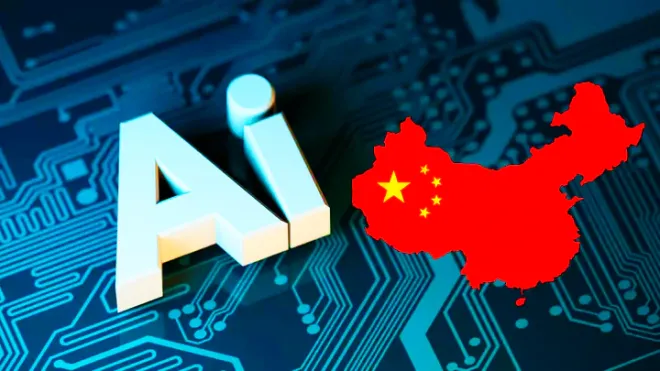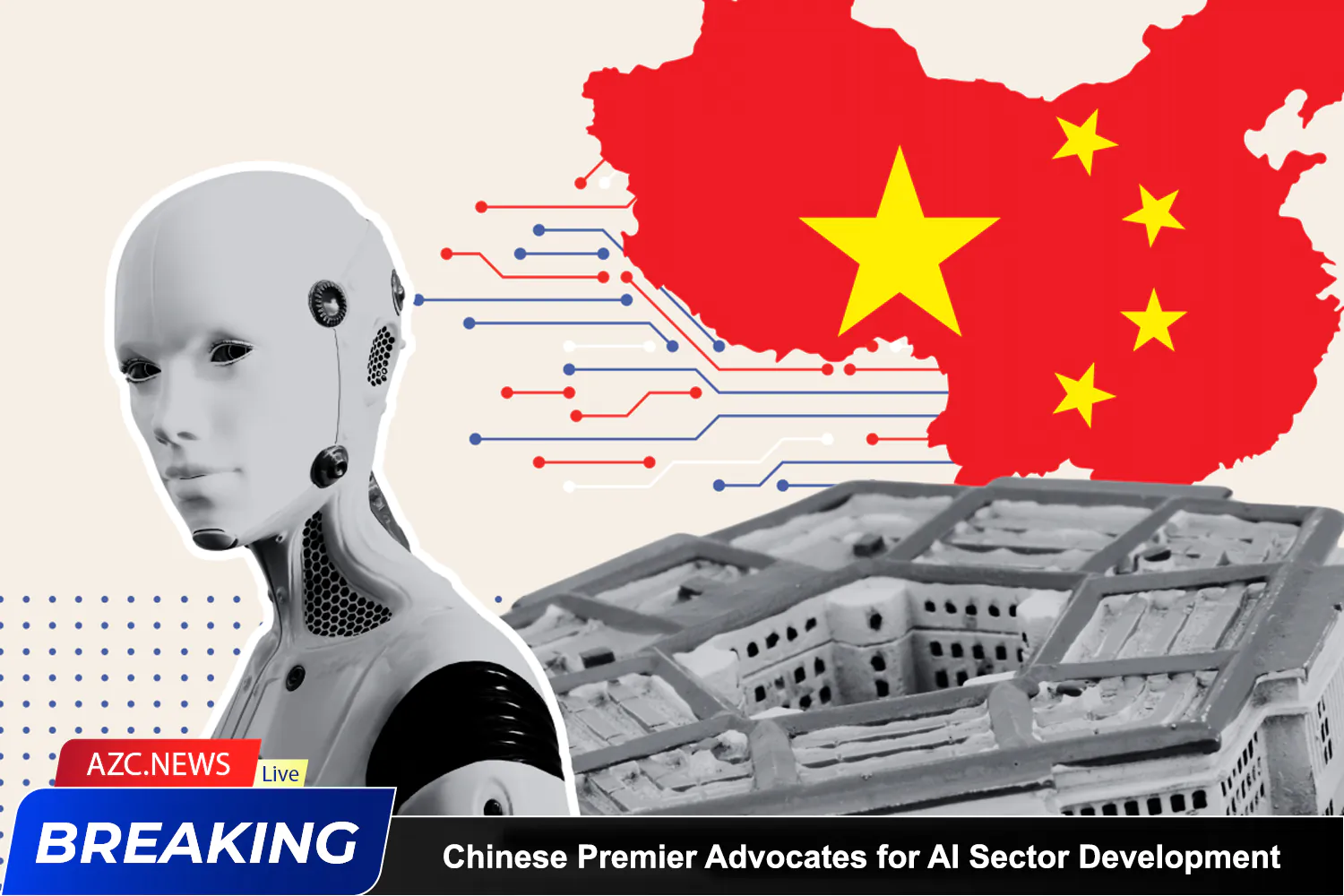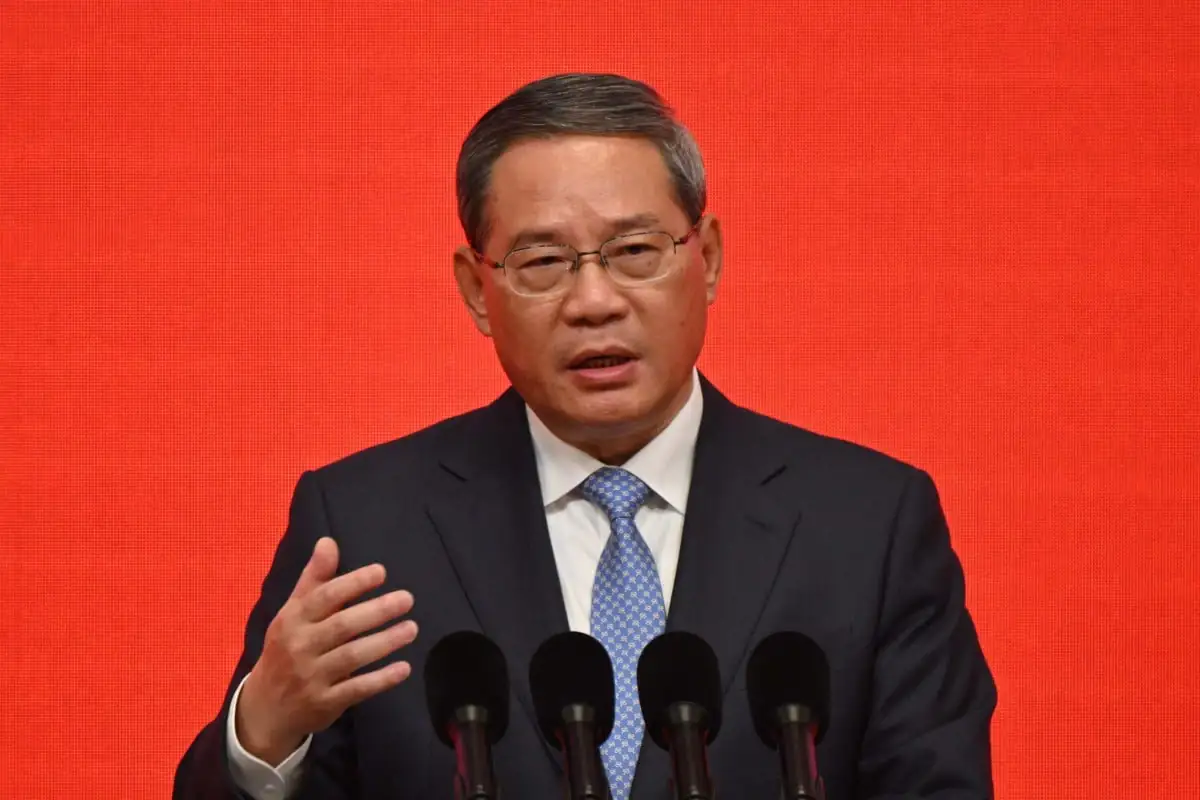Chinese Premier Li Qiang urged developed nations to keep pace with their developing counterparts in AI innovation, highlighting a range of accompanying benefits. Li articulated his perspective at the World Artificial Intelligence Conference in Shanghai, which included participation from leading AI companies and nations.
Premier Li emphasized that a balanced approach to AI innovation is crucial for bridging the “intelligence gap” between developed and developing countries. Describing AI as the “common wealth of humanity,” he pointed out that nearly half of the global population lacks access to AI services, despite the seemingly rapid rate of adoption.
He revealed that promoting innovation and the unified application of technology is a standard practice in China, referencing significant advancements in 5G technology, navigation systems, and COVID-19 medical technology.
Beyond the noble goal of providing 2.5 billion people with access to large language models (LLMs), Chinese Premier Li Qiang emphasized China’s commitment to ensuring responsible development of this technology. In his keynote speech, Li highlighted the risks stemming from uneven regulatory standards, which could lead to regulatory arbitrage by service providers.
“Developing artificial intelligence is like setting sail on the vast ocean,” Li stated. “The vista ahead is exciting, but there will undoubtedly be storms along the way. As long as we stay on the right course, work together, and support each other, we will surely reach a better destination.”
Last week, a China-backed AI resolution received broad support from United Nations member states, aiming to democratize AI development across nations and present a united front in addressing the emerging challenges of AI.
Qiang added, “The unanimous adoption of the resolution demonstrates the broad consensus among member states to enhance global AI governance through dialogue and cooperation, fully reflecting China’s responsible attitude and leading role in AI development and governance.”

Facing Off with the United States
China and the United States have distanced themselves from other nations, with experts highlighting a simmering cold war between the two powers rather than industry cooperation.
Analysts point out the current U.S. trade restrictions on China concerning high-end AI chips, with Washington citing security concerns as the primary reason for the embargo. In response, China, eager to forge its own path, has geographically restricted certain AI services from the U.S. while advancing its own solutions for global AI regulations.
The Chinese government is racing against time to avoid lagging behind the U.S. in AI innovation, a fate it has faced with other emerging technologies. By hosting the World Artificial Intelligence Conference in Shanghai, experts suggest China may have scored some points against its Western rival.








Kusfa no 337 Zaria city